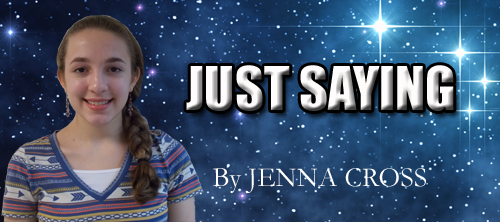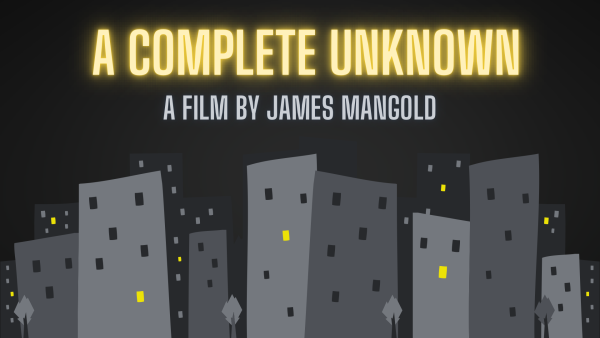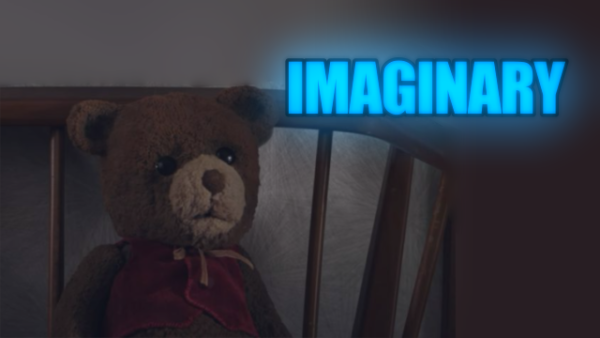Do film adaptations do their books justice?

For as long as I can remember, I have loved to read. Any interesting book I discover quickly turns into my latest obsession; the next chapter comes first and everything else (i.e. sleep, exercise, socialization) gets a lower place on my priority list. Sure, I would watch movies, but it was rare for a film’s plot to actually stick with me the way a story’s did, rather than just disappearing from my young (and therefore easily-distracted) mind. As I got older, however, my attention span improved (somewhat), and I began to better appreciate movies and all they can offer. These days, having an all-day movie marathon is not unheard of for me. I enjoy books (bit of an understatement there), and I enjoy movies, but what about when the two collide? That is an entirely different story, sometimes quite literally.
It has happened time and time again: a novel or series is brought to the big screen, and the finished product ends up angering loyal fans of the original story with inconsistencies in plot and the like. Fans of the movie retaliate, and chaos ensues. So, which is better: books or their motion picture adaptations?
There are benefits and drawbacks to each form. According to Mookychick author Emma Wright, a prominent issues is the attention to detail and transition of plot from book to film. Books can be as long or as short as is necessary to tell a story, while movies tend to lose their audiences should they become too long or uninteresting. In order to stay within a reasonable time limit while keeping its audience’s attention, alterations from the original plot will need to be made during the movie’s production. These alterations can range from the addition of a plot-progressing conversation to the omission of an entire character (a certain mischievous poltergeist from Hogwarts comes to mind). While moviegoers who have not read the book might not know or care about these changes, loyal readers are more likely to criticize a movie should it stray too far from the plot of the original text. Despite the sacrifice of some detail, however, Wright acknowledges that movies can be more appealing and more convenient to the population than the books on which they were based; after all, not everyone has the time or the desire to sit down for seven hours straight and read a book from cover to cover. (I am not among those people, but to each their own.)
In my experience as both an avid reader and an enthusiastic moviegoer I have seen quite a few film adaptations of books I have read. There have been times when I leave the theater wondering just how much they paid the screenwriters to alter a perfectly wonderful story into what I had just witnessed. I then go home, reread the story a few times and move on with my life, all while pretending that I did not just pay a decent sum of money on tickets and sugary snacks to see some director’s version of a story when I already own the original (and in my opinion, superior) text. Though I always love a good movie, I find that when it comes to film adaptations of books, the book is almost always better, if only because of the attention to detail that a good book can contain (and that its corresponding film so often lacks). In contrast, however, I have also seen film adaptations that only strengthen my love for a particular story, and that soon earn their places on the same shelves as the books from which they were derived. Some films have even encouraged me to find and read the book on which they were based, when I would never have known of the story had it not become a movie first.
I believe that the book-versus-film-adaptation disagreement is not one of inherent superiority, but of personal preference. Every person will view a book and its movie differently (myself included) and therefore cannot say which form is “better,” only that they prefer one over the other. There are arguments for both forms of every story, and though I cannot say that I have never questioned the differences between a book and its film (or that I will not do so again in the future), I do not believe that one form is essentially “better” than the other. Books and films are two entirely different genres of entertainment, each possessing their own standards and qualities that make them truly great; this does not change, not even when the two fields cross paths.
It is likely that the book versus movie debate will linger as long as film adaptations exist. Whether one is an extreme bookworm, a frequent moviegoer or both, viewing a book and its film adaptation as separate forms of amusement can further one’s enjoyment of the pieces — which just so happens to be the main goal of both forms of entertainment — while lessening any blistering fan-rage should it arise.


